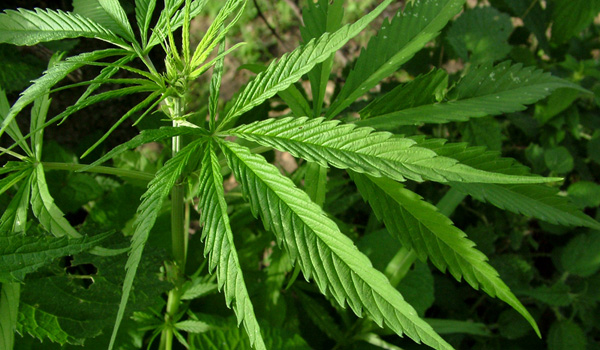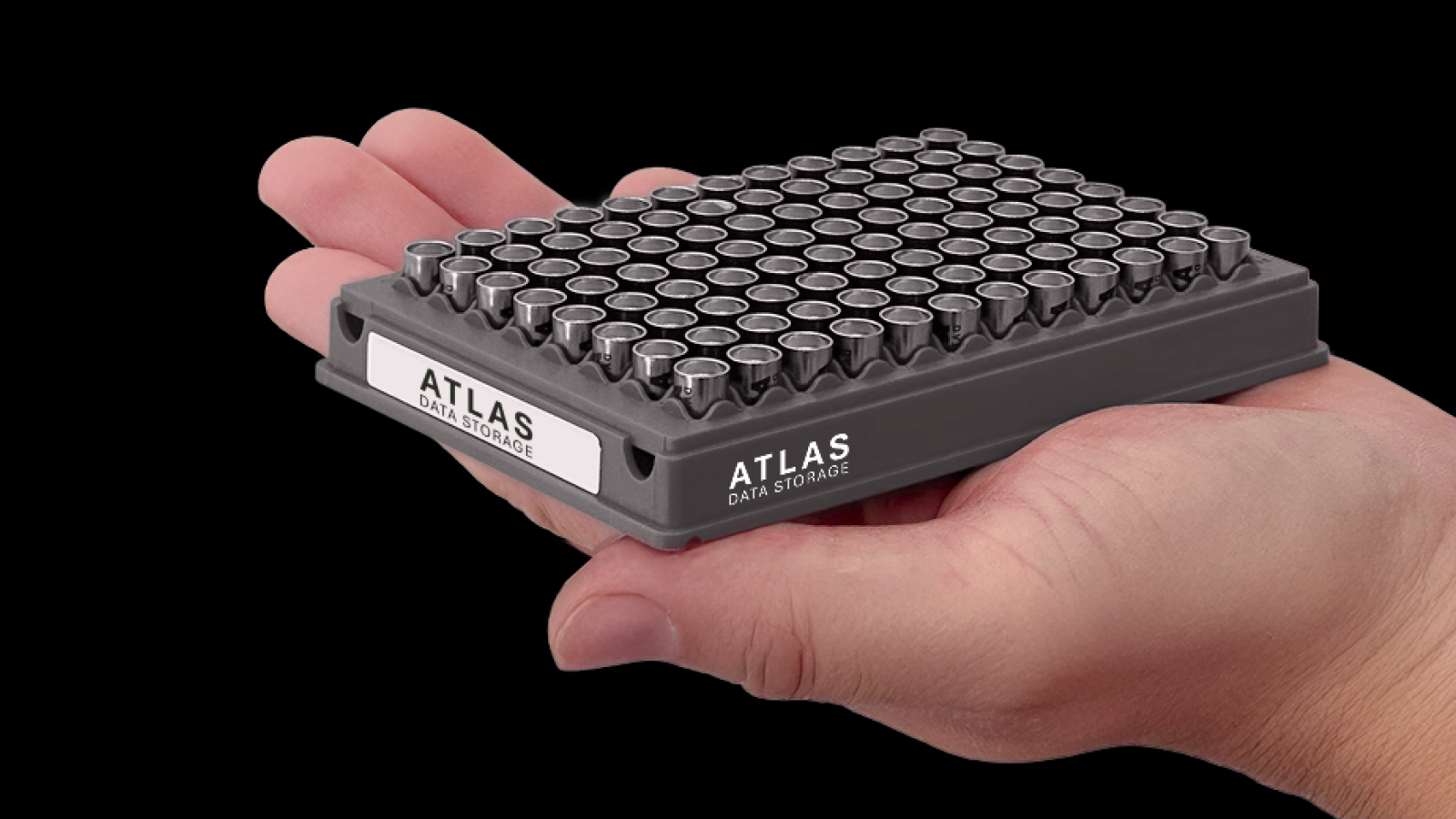Accidental Pot Ingestion Spikes for Colorado Kids, Study Finds

If a group of pediatricians has their way in Colorado, pot brownies will be sold only in child-proof packages.
Since federal officials relaxed their policy on medical marijuana, Colorado has seen a spike in the number of kids visiting emergency rooms after accidentally eating weed-laced foods, researchers say.
A group of doctors looked at the number of cases of accidental pot ingestion at the Children's Hospital Colorado emergency department before and after October 2009. That was when the Justice Department eased its prosecution of medical marijuana users and businesses that complied with state laws.
Since October 2009, 14 kids under age 12 have been treated at the hospital for accidental exposure to marijuana, with eight of those cases linked to edibles such as marijuana-laced cookies, candies, brownies and beverages. From early 2005 to October 2009, there were no cases of unintentionally intoxicated kids stumbling into the emergency room with symptoms such as respiratory problems, extreme sleepiness, difficulty walking and lethargy, the researchers said.
Colorado legalized medical marijuana in 2000. In the November 2012 election, voters in the state passed a law that allows adults over age 21 to possess or buy up to 1 ounce of marijuana for recreational use.
The study's authors warn that pot-laced foods sold recently at dispensaries can contain higher concentrations of THC, the active ingredient in marijuana, compared with foods sold in previous years.
"Before the marijuana boom, these kinds of edibles were not mass-produced, and the amount of THC ingested was somewhat limited, but now we are seeing much higher-strength marijuana," study researcher Dr. George Wang said in a statement. "The key to this is prevention through child-resistant packaging."
Get the world’s most fascinating discoveries delivered straight to your inbox.
Wang and medical toxicologist Dr. Michael Kosnett testified before a state advisory panel this year, recommending child-resistant packaging for marijuana edibles, according to a statement from the University of Colorado.
As a result of their testimony, the legislature passed a law earlier this month requiring the development of rules for child-resistant packaging for marijuana products by July 1, Kosnett said.
Child-proof packaging has been credited with reducing pediatric poisonings from oral medications and hazardous household chemicals.
"We know that children will act quickly to ingest even unpalatable items like household cleaners, pills and capsules," Kosnett said. "The allure of these marijuana edibles, which taste and look like simple sweets, makes them especially risky."
The study was detailed Monday (May 27) in the journal JAMA Pediatrics.
Follow Megan Gannon on Twitter and Google+. Follow us @livescience, Facebook& Google+. Original article on LiveScience.com.



